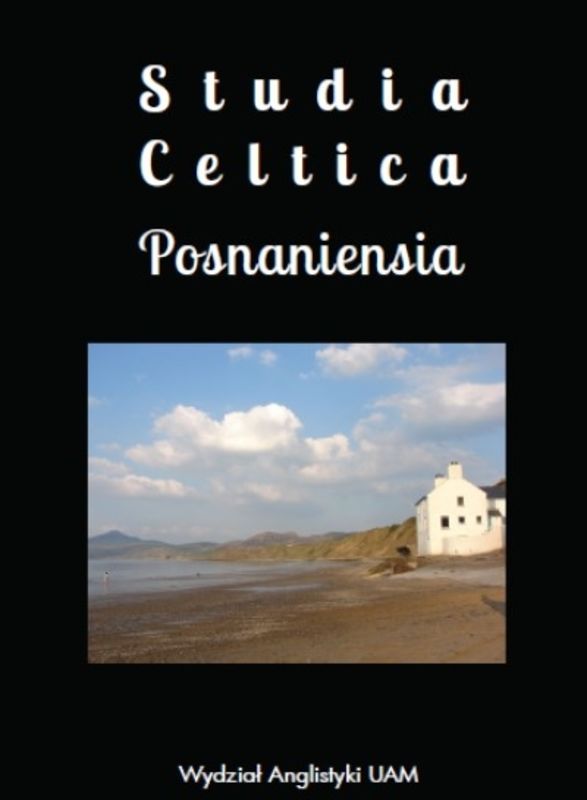‘An English Monstrosity’? Evolution and Reception of Manx Orthography
‘An English Monstrosity’? Evolution and Reception of Manx Orthography
Author(s): CHRISTOPHER LEWINSubject(s): Phonetics / Phonology, Historical Linguistics
Published by: Uniwersytet Adama Mickiewicza
Keywords: Manx; Gaelic; orthography; writing systems; standardization;
Summary/Abstract: This article evaluates perceptions of Manx orthography within Celtic scholarship. The predominant view is well summarized by Jackson (1955: 108): ‘Manx orthography is an English monstrosity which obscures both pronunciation and etymology’. Similarly, O’Rahilly dismisses Manx spelling as ‘an abominable system, neither historic nor phonetic, and based mainly on English’ (O’Rahilly 1932: 20). The article sets these perceptions in the sociohistorical context in which the system was developed by the Manx clergy in the seventeenth and eighteenth centuries. It is argued that the system is neither so directly dependent on English conventions, nor so unsystematic and inconsistent, as has been often claimed. Such weaknesses as do exist from the perspective of contemporary scholars and students of the language should not necessarily be viewed as such in the light of the needs, priorities and assumptions of those who practised Manx writing in its original context. It is shown that there was in fact an increase in the phonological transparency of certain elements of the system during the standardization of the mid-eighteenth century represented by the publication of translations of the Book of Common Prayer (1765) and the Bible (1771-72). On the other hand, countervailing pressures towards phonological ambiguity, iconicity and idiosyncrasy are discussed, including the utility of distinguishing homophones; real or presumed etymologies; the influence of non-standard or regional English spelling conventions; tensions between Manx and English norms; and an apparent preference in certain cases for more ambiguous spellings as a compromise between variant forms. Negative outcomes of the received view for scholarship on Manx are also examined, with a case study of the neglect of orthographic evidence for the historical phonology of the language. The wider context of English-based orthographies for Gaelic is also briefly considered.
Journal: Studia Celtica Posnaniensia
- Issue Year: 2020
- Issue No: 5
- Page Range: 35-59
- Page Count: 25
- Language: English

